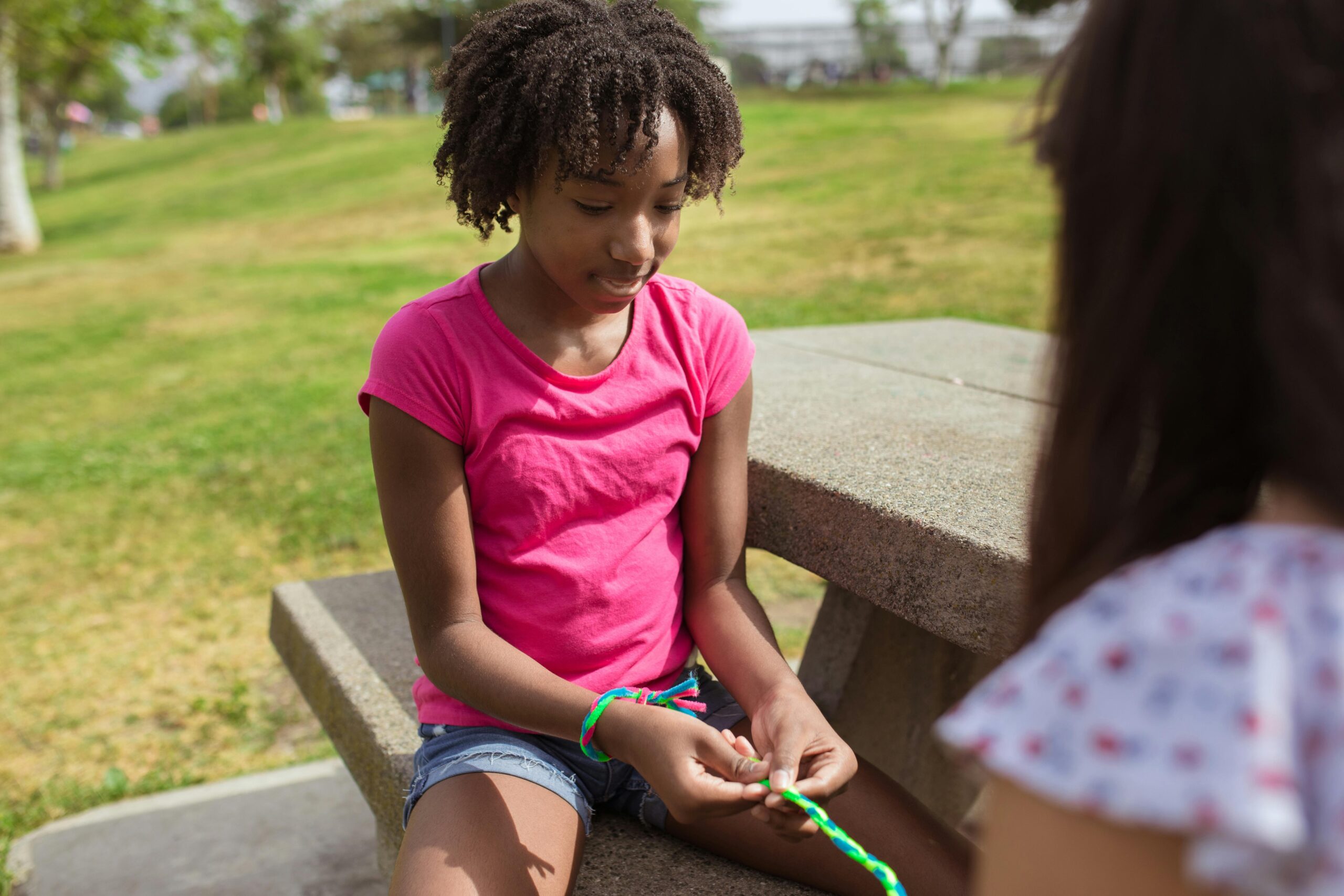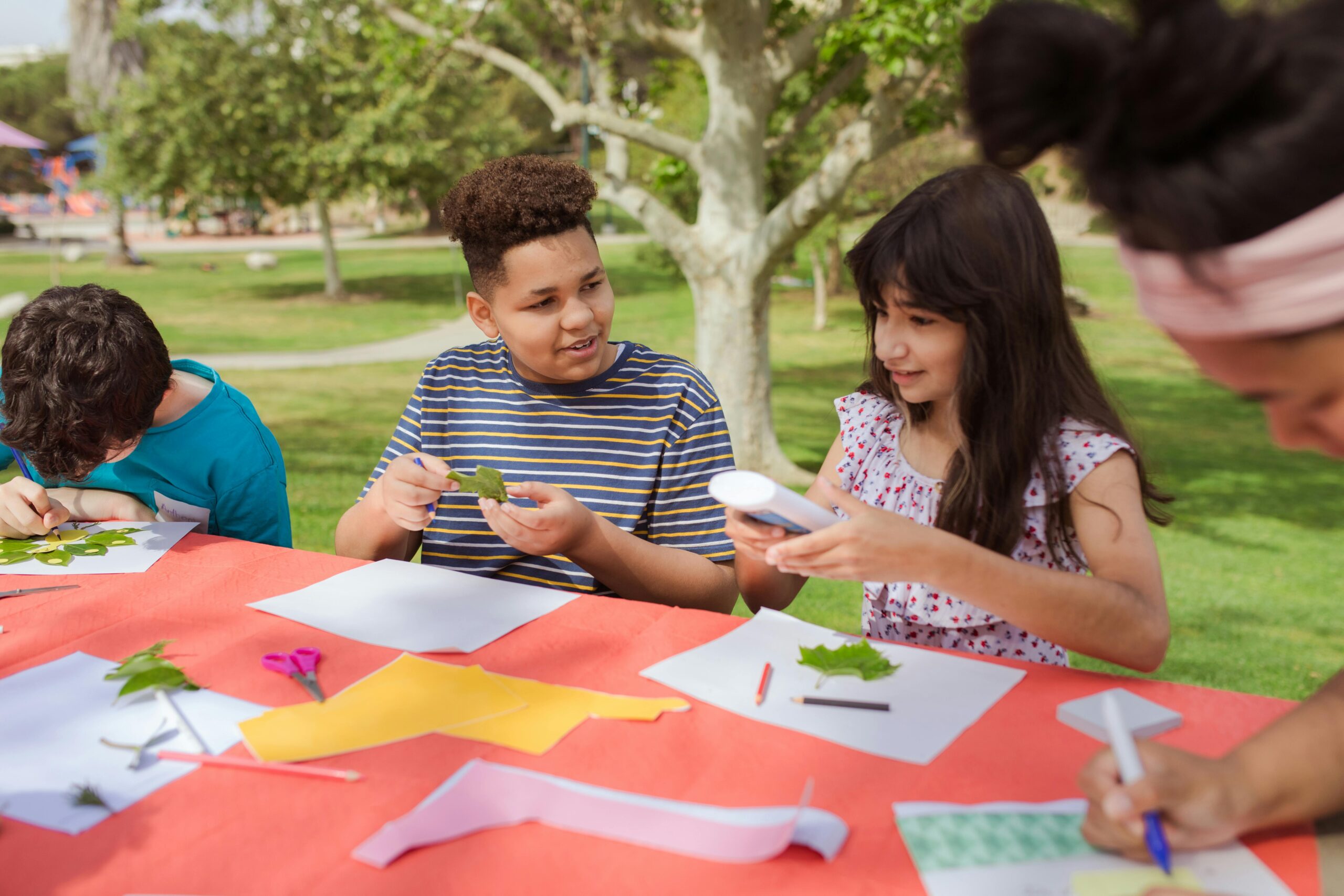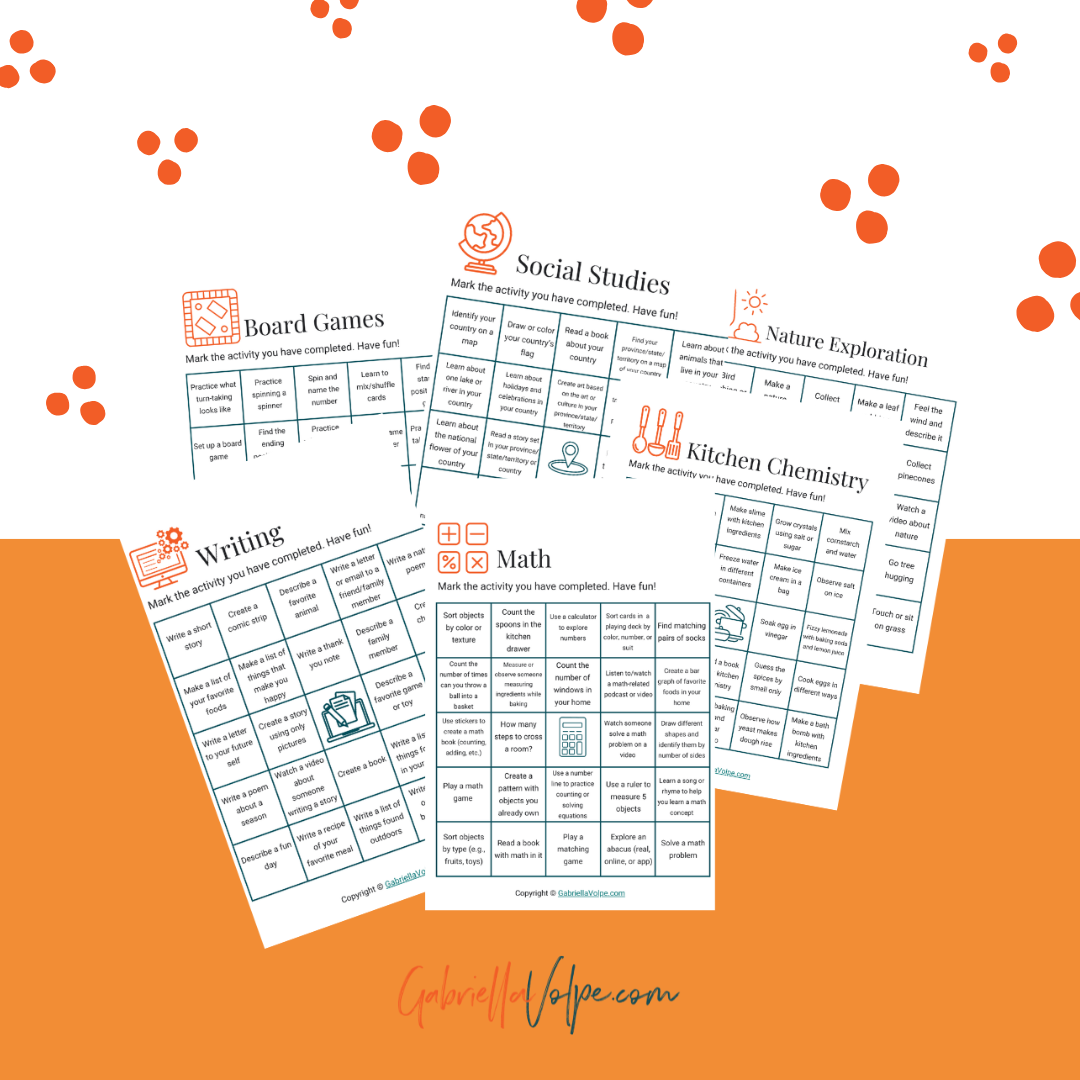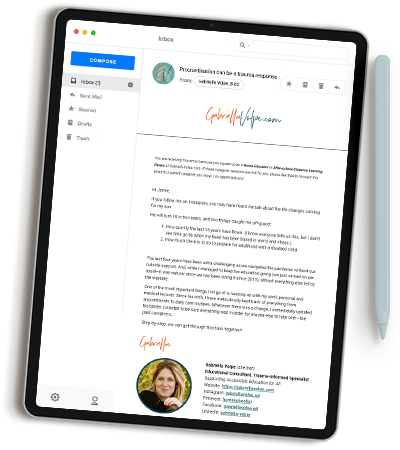Prevent the Summer Slide: Worksheets Not Required
Is the summer slide what you think?
The summer slide, the phenomenon in which children lose months of academic progress over the break, is a real concern for many families who brace for it each year.
But is the way we try to “fix” the summer slide (i.e., with extra worksheets, forced reading lists, rigid routines, highly academic-focused camps) as effective as we believe?
This article explains:
- The truth about the summer slide (research + nuance)
- Why common advice backfires
- What to do instead: easy, flexible, engaging learning ideas
- How to use simple, unstructured activities to support progress without pressure

What is the summer slide, and is it real?
The summer slide refers to the academic regression that occurs during the summer break, particularly in math and reading.
Research has shown students can lose 20–34% of their school-year gains over the summer break, particularly in early elementary years and middle grades.
Neurodivergent learners and learners from lower-income households have often shown the most significant loss due to reduced access, rather than a lack of capability.
However, recent studies show inconsistencies:
- Some students do slide, but others plateau, or even grow.
- Standardized test design can influence outcomes.
- New research is challenging the long-held belief that the summer slide disproportionately affects disadvantaged students. The most significant factor in how much kids forget over the summer is actually how much they learned during the school year.
That said, experts still don’t fully agree on how big the summer slide really is—or how it impacts different groups of kids—so there’s more to figure out when it comes to what actually helps.
The most significant factor in how much kids forget over the summer is actually how much they learned during the school year.

3 Common summer slide fixes that might not be as helpful as we think
1. Over-scheduling with academic camps
These are often well-intentioned, but they don’t work for every learner. After a long school year, some learners may benefit more from downtime, play, and unstructured exploration. The research isn’t conclusive on whether academic camps actually prevent the slide across the board.
2. Pushing worksheets and reading logs
While these can help some kids stay on track, they can also backfire, especially if they turn joyful activities into chores. There’s mixed evidence on whether they consistently improve retention and plenty of anecdotal evidence that they cause power struggles at home.
3. Trying to “catch up” without tuning in
Worried their child has fallen behind, some parents try to use the summer to “catch up” on everything, such as math gaps, reading levels, or handwriting. However, this can backfire if it’s driven by fear. Well-meaning efforts can add pressure without real progress.

6 Ways to prevent the summer slide
These strategies work with the learner’s nervous system, not against it. And they don’t require hours of planning.
1. Start with a challenge
Use something like Summer Challenges as a reference point. It’s low-prep, high-impact, and gives just enough structure to create momentum. (⬇️ Sign up below ⬇️ to get the FREE challenge sheets!)
Summer Challenges – Free!
Take on a thematic summer challenge based on interest! Explore board games, social studies, math, writing, kitchen chemistry, or nature.
Sign up to have the FREE download links delivered straight to your inbox!

By signing up, I’ll also add you to my mailing list. You can unsubscribe at any time.
2. Focus on curiosity, not curriculum
Let your learner go deep into what they care about. If it’s dinosaurs, oceans, inventing snacks, let them do whatever lights them up!
3. Add daily sensory play
Try simple activities like:
- Treasure hunts
- Water painting the sidewalk
- DIY lavender dough
Explore Sensory Bins here. (⬅️ Find a free download of Sensory Bin Cards at this link!)
4. Use audio and movement
Play audiobooks while drawing or waiting for breakfast to be ready. Listen to podcasts during backyard play. Let learning happen on the move.
5. Learn through the environment
Take silent nature walks. Visit local museums. Map your town. Science is everywhere when you’re looking for it.
Find free science ideas and adaptations here.
6. Keep it creative
Make a summer “learn-and-make” list.
Try:
- Story Cubes and comic book prompts
- Sidewalk chalk poetry
- Outdoor puppet shows

My favorite summer tools to prevent the summer slide
The resources below contain affiliate links. This means I get a small commission should you purchase products using the link (which I use to keep this website running), at no extra cost to you. I only share resources I highly recommend, use, or have used in the home or classroom setting.
- Summer Reading Bundle – Free from All About Learning Press
- Summer Picture Books – Free suggestions from All About Learning Press
- Sail into a Summer of Reading with Flat Ziggy – Free from All About Learning Press
- The Ultimate Guide to Brain Breaks – 60 excellent brain break exercises (with detailed instructions, pictures, and printables/cards) by Heather Haupt
- Green Craft Kids – STEM and STEAM learning for kids ages 3-10+
How to prevent the summer slide without stress
To prevent the summer slide, you don’t need more worksheets. You need more connection! Focus on curiosity, consistency, and sensory-friendly engagement.
Avoid the pressure, and lean into joy instead!
Reimagine summer with me
- Start with the free Summer Challenges
- Grab the free Sensory Bin Cards
- Discover Adapting Board Games
- Check out my Summer Activities for Kids Pinterest board
- Schedule a Summer Session (available June to August)
- Share your wins with me on Instagram @gabriellavolpe.ed
Sources
Alexander, K. L., Entwisle, D. R., & Olson, L. S. (2007). Lasting consequences of the summer learning gap. American Sociological Review, 72(2), 167-180.
Augustine, C. H., McCombs, J. S., Pane, J. F., Schwartz, H. L., Schweig, J., McEachin, A., & Siler-Evans, K. (2016). Learning from summer: Effects of voluntary summer learning programs on low-income urban youth. RAND Corporation.
Cooper, H., Nye, B., Charlton, K., Lindsay, J., & Greathouse, S. (1996). The effects of summer vacation on achievement test scores: A narrative and meta-analytic review. Review of Educational Research, 66(3), 227-268.
Entwisle, D. R., Alexander, K. L., & Olson, L. S. (2000). Summer learning and home environment. In R. D. Kahlenberg (Ed.), A nation at risk: Preserving public education as an engine for social mobility (pp. 9–30). Century Foundation Press.
Kim, J. S., & Quinn, D. M. (2013). The effects of summer reading on low-income children’s literacy achievement from kindergarten to grade 8: A meta-analysis of classroom and home interventions. Review of Educational Research, 83(3), 386-431.
von Hippel, P. T. (2016). Year-round school calendars: Effects on summer learning, achievement, families, and teachers. In K. Alexander, S. Pitcock, & M. Boulay, M. (Eds.), The summer slide: What we know and can do about summer learning loss. Teachers College Press.
von Hippel, P. T., & Hamrock, C. (2019). Do test score gaps grow before, during, or between the school years? Measurement artifacts and what we can know in spite of them. Sociological Science, 6,43-80.
Get more resources like this one
Sign-up to my newsletter and I’ll send you email updates regarding education, accessibility, and disability justice.

By signing up for email alerts, you agree to receive updates and promotions from me. You can unsubscribe at any time.

0 Comments